Food52's Vegan cookbook isn't just for vegans. Here are 5 reasons you need it on your bookshelf and in your kitchen—whether or not you love eating chicken.
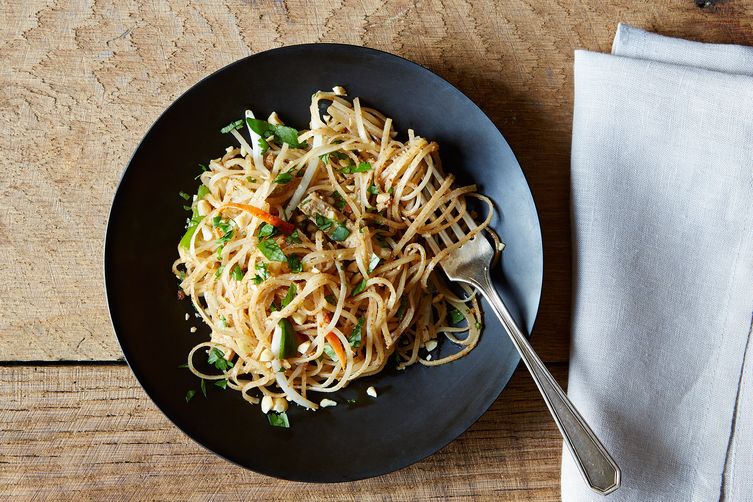
For the Food52 editors, last winter was The Winter of The Cashews and The Winter of The Salads. We were in the thick of testing and photographing recipes for Gena Hamshaw’s Vegan cookbook—which you can and should pre-order here—and we spent many many days in the Food52 studio arranging lettuces and stacking veggie burgers and finding our way with vegan cakes.
For some of us, it was a whole new world—of creamy pastas made without dairy, of bisques that boasted the same, of the easiest ratatouille recipe we’d ever seen—and we happily carted home the extras and tinkered with them all week. None of us were vegans ourselves—some vegetarians, some omnivores, some something in between—but obviously this did not matter at all, and did not keep us from enjoying and learning from the recipes in this book.
And so you, you omnivores, you chicken roasters, you lovers of mayonnaise—you, too, can love this book as we have. Just as the new Carly Rae Jepsen album isn’t just for Top 40 diehards and girls in a candy sort of love, this book isn’t exclusively for the vegan set.
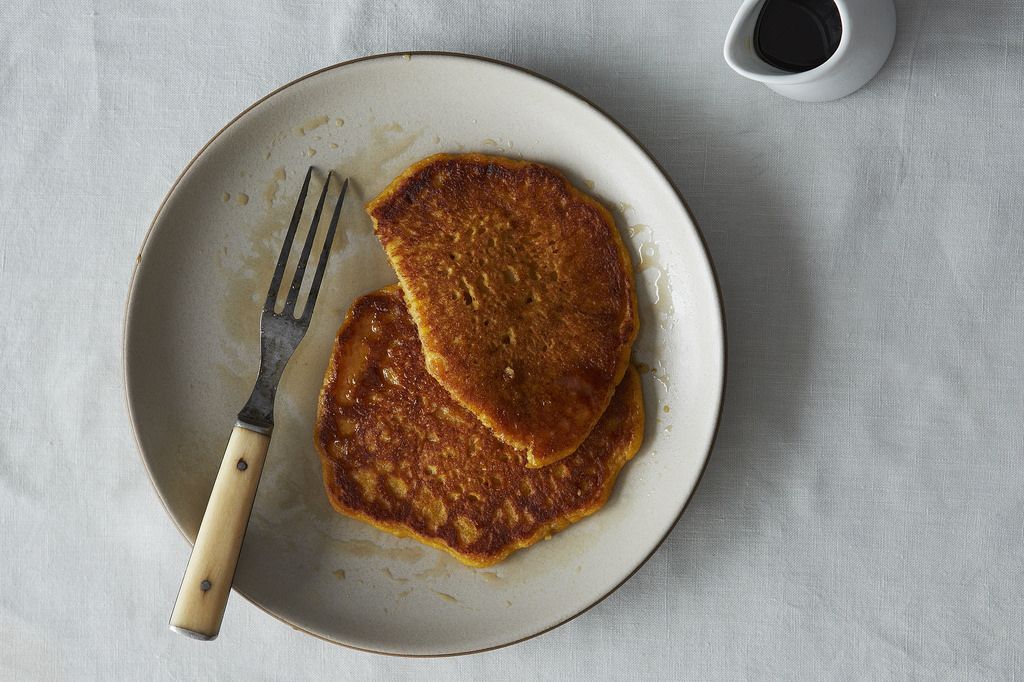
Here are five reasons why everyone should be cooking from it, regardless of their diet’s identity:
1. Because it’s not about replacing.
These recipes aren’t about taking formulas for meaty and cheesy meals, removing the meaty and cheesy parts, and replacing them with, say, a slab of tofu and calling it a day. Sure, there are reinventions of popular dishes: Sloppy Joes made with lentils that are just as saucy and just as sloppy as you want them to be; the perfect back-pocket veggie burger that will make vegans feel at home at a barbecue; a pizza with no cheese, no fake cheese, and no apologies.
But these recipes do not come from a need to compensate; instead, they come from the brain of a seasoned home cook whose kitchen doesn’t contain animal products. Gena’s dishes are their own fully formed ideas that come from a solid understanding of vegan ingredients and their flavors and textures and the best ways to marry all of these things. They are crunchy and soft and salty and rich and bright and sometimes hearty in all the right places, satisfying in their own right, not trying to wear any masks.
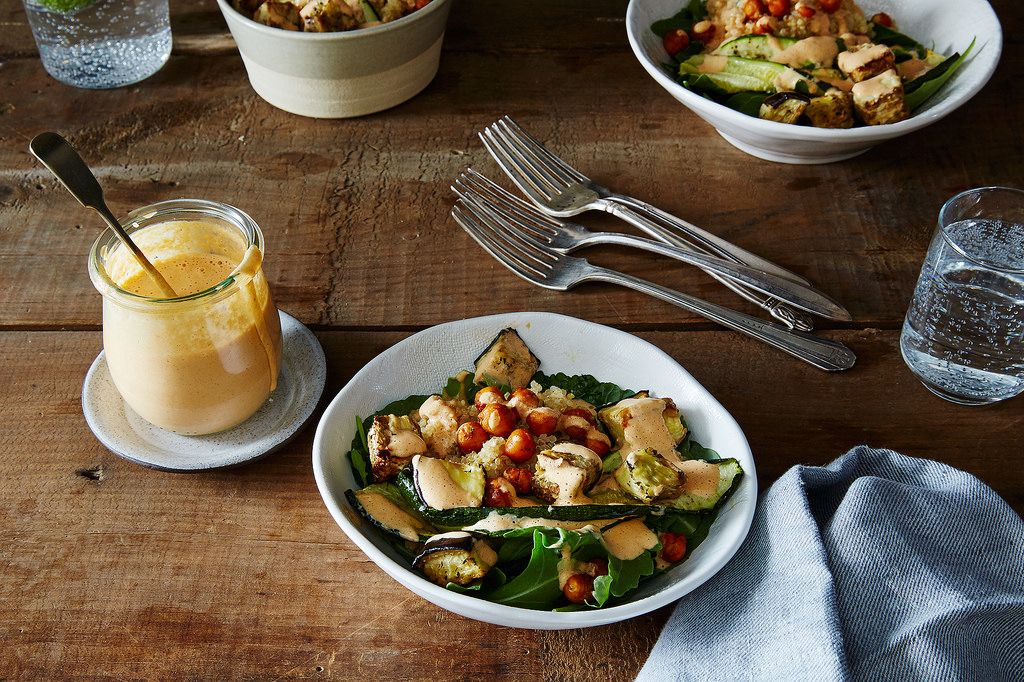
2. Because salads have come a long way.
Anyone who is a vegan or who has been a vegan or who has read vegans write about being vegan knows that it is very common to hear, "But do you only eat salads? Isn’t that so boring/unsatisfying/sad?"
If a person survived solely on the salads in this book, they would be just fine. Because the way Gena looks at salads is not the way that your parents’ favorite steakhouse looks at a pile of lettuce—which is to say, she does not ask “In what way should we dress these few bits of lettuce and what small pinch of something should we sprinkle on top of them?”
These vegan salads are chock full of stuff: of lentils and bitter-crunchy endives; of smoky tempeh and rich tahini dressings; of roasted vegetables and grains. They can live as mains or sides or bang-up office lunches or rewarding solo dinners. By making even a few of them you’ll be doing all your future salads a favor.
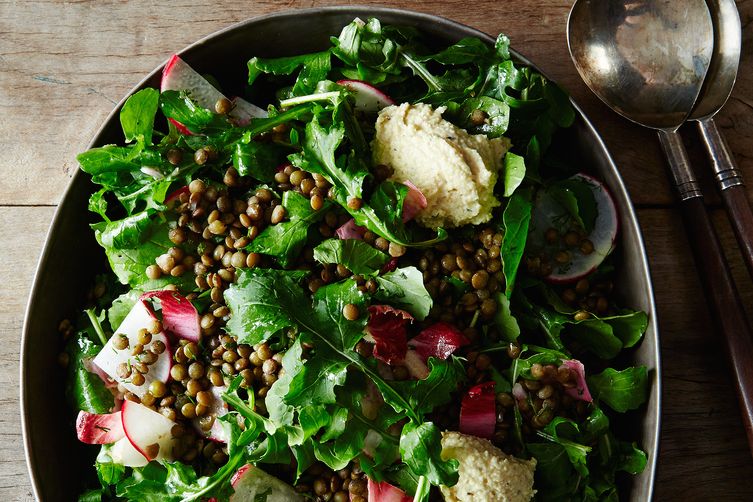
3. Because cashews are the most under-appreciated nut and deserve their time in the sun and in your blender.
In testing and photographing the recipes for this book, we bought and soaked and blended so many cashews that they became a sort of mascot for the project. “Are we missing anything?” we’d ask. Probably some cashews!, someone would yell from across the kitchen. We would all chuckle. A number of the Vegan recipes call for some sort of cashew-based adornment: a smoky cashew “queso” spooned over breakfast tostadas; cashew cream swirled into creamy carrot bisque; cashew milk blended up for smoothies, muesli, or quinoa porridge. This book would be just the thing to gift a cashew fetishist.
And while it all may sound like a lot, you’ll learn that cashews truly are a sort of magical ingredient: Give them a good soak and they’ll easily blend up into a smooth blank canvas that can go both sweet and savory, mild or loud. You’ll find yourself, just as we have, buying them by the bagful.
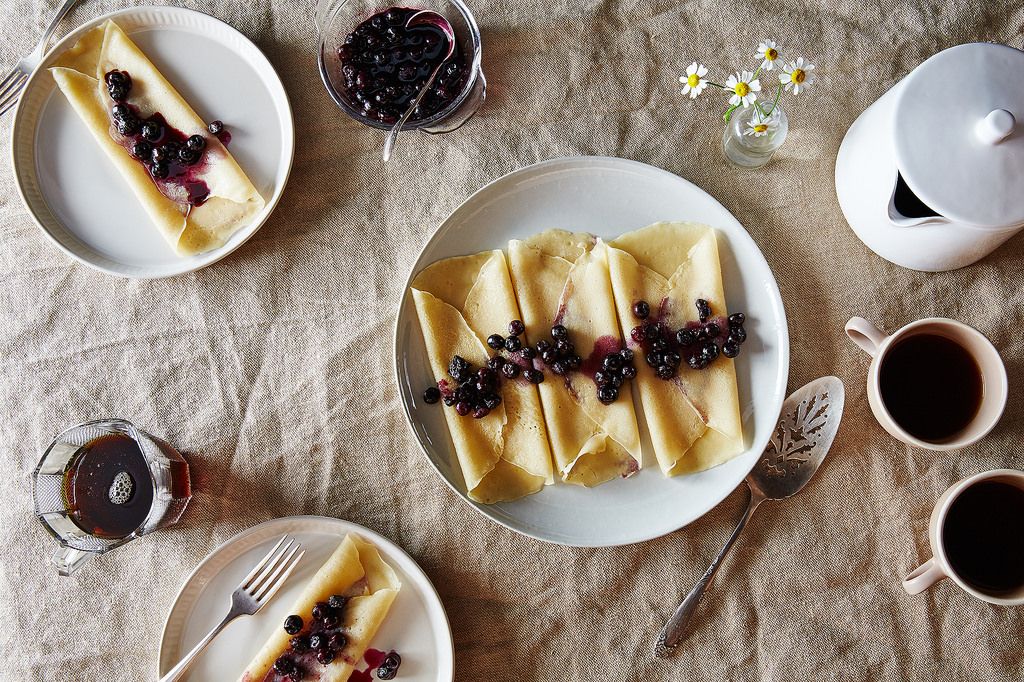
4. Because at some point you’ll have a vegan friend come to dinner, or come for lunch, or come to stay with you for five days because he’s dating your sister, and you’d like to feed him something other than Garden Burgers or beans and rice.
And won’t you feel smug telling him that you have a favorite vegan enchilada recipe that sometimes you make for yourself because it’s just so good, that you have a few homemade veggie burgers stored in your freezer, that it will be just a minute before you’ve whipped up a black bean chili. He will love you forever and ever.
You call yourself an excellent host, and you will be right.
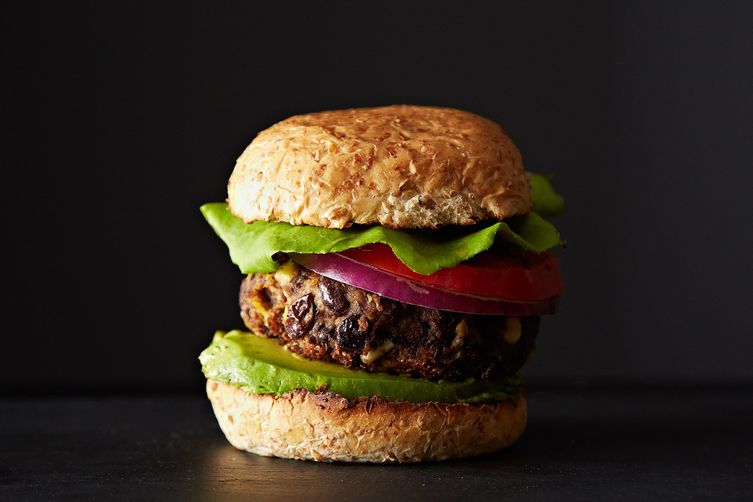
5. Because, as with any good cookbook, you can steal bits and pieces.
Serve your parsnip fries with eggy mayonnaise or slap some cheese on your bean burger; serve Gena’s super-simple flax crackers with ricotta drowned in olive oil; make a big batch of eggplant tagine for a dinner party and serve it next to some chicken thighs.
The recipes here aren’t sparkly gems just because they provide vegans with complete, exciting meals; they’re also made up of smart, inventive building blocks you’ll want to unpack for all manner of occasion.
Top photo by Mark Weinberg; all others by James Ransom








See what other Food52 readers are saying.